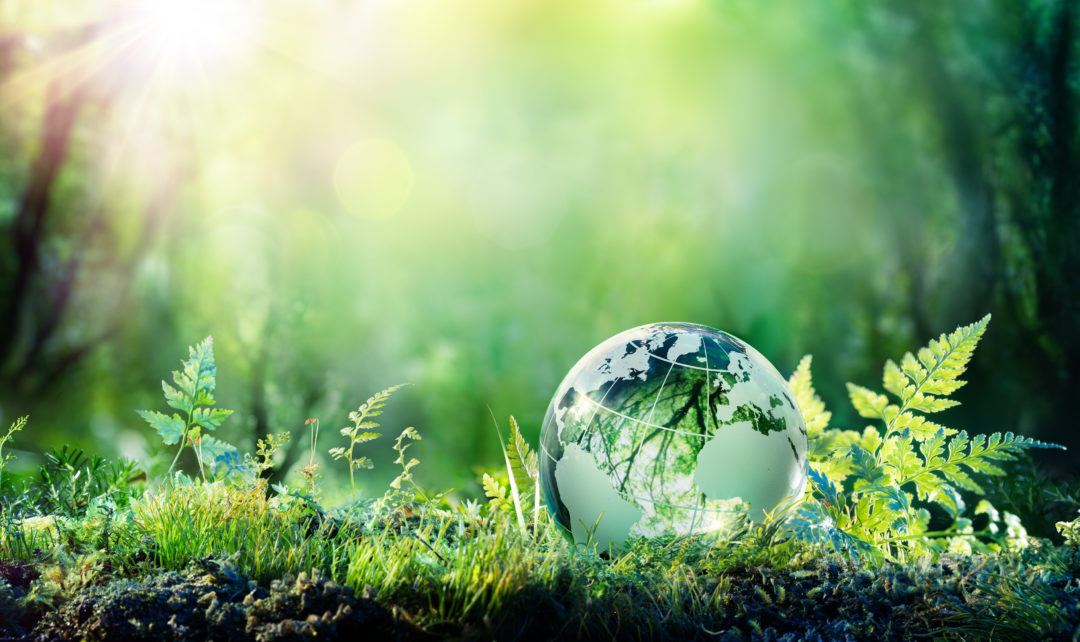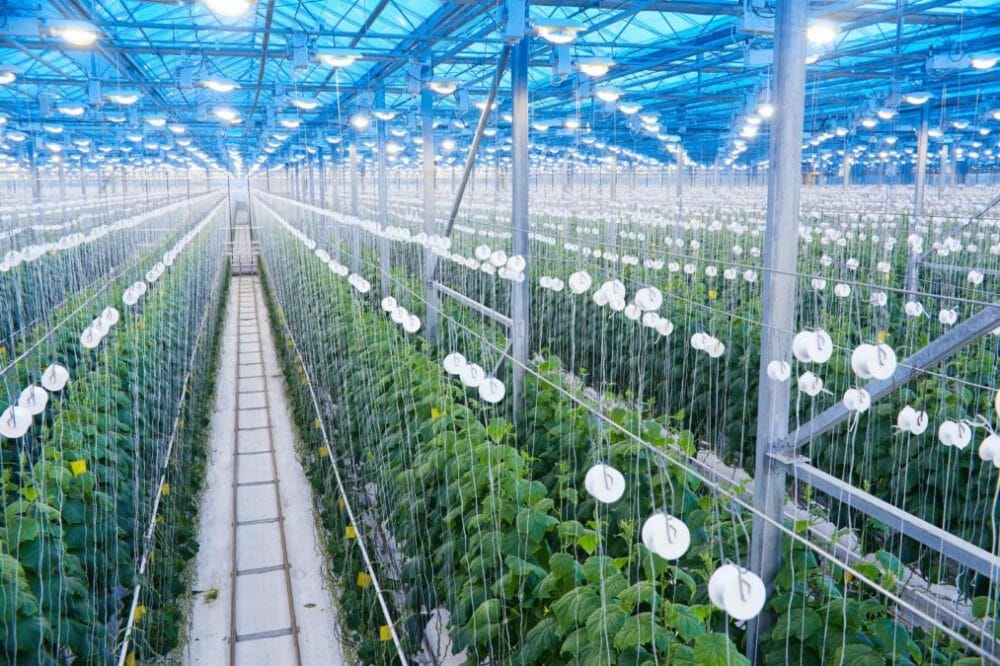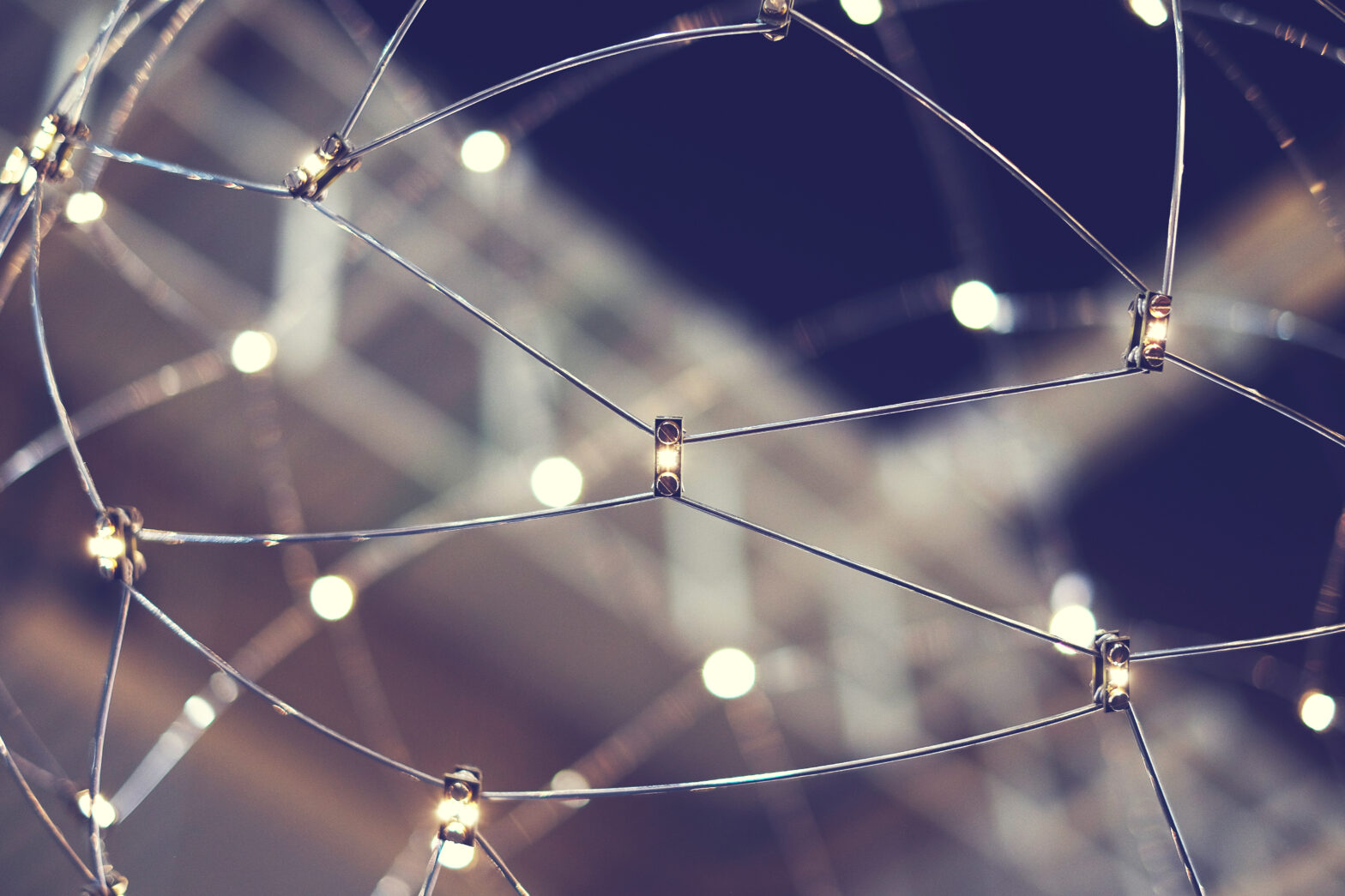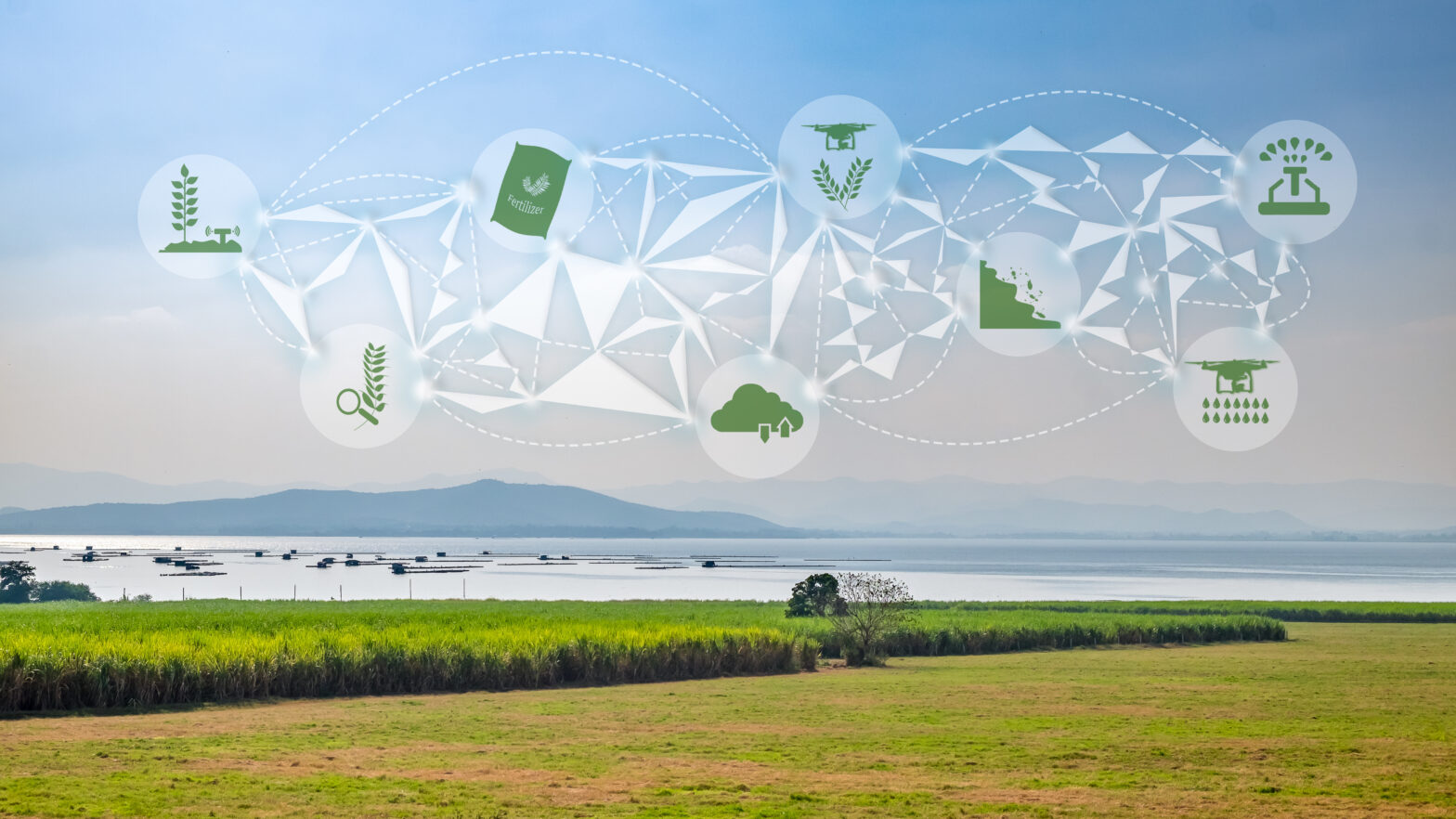Sustainable technology is something that everyone is looking at. The market is growing rapidly, as the need to embrace socially responsible practices — in every walk of life — becomes paramount.
Google, for example, reported energy savings of approximately 30% as a result of using AI to power the cooling system for its data centre. This is just one example.
The world has never before been at such a critical juncture in it’s history (since homo sapiens began emerging anyway); from overpopulation and deforestation to climate change. And, to be honest, everything is linked.
However, while we are so close to the point-of-no-return precipice, we are also in the best position to solve these global problems that could jeopardise future generations and our other co-inhabitants.
Technology, and it’s continual evolution, can help us halt, and even reverse the strains that mankind and it’s progression has put on the planet.
It’s now about governments, businesses and individuals embracing different tech and applying it to sustainable projects — tech for good. And, in order to inspire, case studies need to be shared.
How technology can help achieve the UN Sustainable Development Goals
Overfishing and plastic pollution
With 90% of world marine fisheries overfished or fully fished and micro-plastics now being found in seafood, a new land-based Atlantic salmon farming company is launching to help introduce high-quality, clean, sustainable and fresh salmon.
Pure Salmon is looking to help solve the current global fish shortage by producing locally sourced, sustainable fish in a controlled, traceable environment.
The business intends to produce 260,000 tons of salmon per annum across multiple global land-based salmon farms. This is a start in helping relieve the world’s oceans from the enormous pressures they are under and reduce the impact on marine ecosystems, caused by the chemicals and antibiotics that are commonly used in salmon sea farming (known as open-net pens or sea-cages).
Tech for good
Pure Salmon will use a technology called Recirculating Aquaculture System (RAS) in its land-based farms, a proven and scalable method of aquaculture.
This means the fish grow in the healthiest living conditions possible that closely replicate the positive qualities of their natural environment. Pure Salmon uses clean technology to control the purity of the water in the tanks, oxygenate and maintain the correct water temperature and remove the fish waste. As the process does not use sea water or come into contact with the sea, the result is a pure and bio-safe environment that is free of chemicals, pesticides, antibiotics, mercury, micro-plastics and pollutants.
Pure Salmon’s first facility is already fully operational in Poland and producing adult-size fish of 5-6kg. The facility is half owned by AquaMaof, and in addition to acting as a proof-of-concept, the facility is a research and development and training location for Pure Salmon staff globally.
IoT and smart cities: meeting sustainable development goals
Location, location, location
A second facility has been recently announced in Japan. ‘Soul of Japan’ will be fully operational from 2021 and will be the largest ever built in Asia, and one of the largest globally. Further farms are planned in the US, Europe, China and around the world — close to large markets.
A social responsibility
Pure Salmon aims to change fish farming practices forever and create a socially responsible choice for consumers. Fish will be sold near to where they are produced keeping carbon emissions low due to reduced transport costs.
The business itself has been developed by 8F Asset Management Pte. Ltd., a global asset management firm focused on impact investing.
Stephane Farouze, Chairman and Founder of 8F, commented on the launch: “We’re delighted to be launching what is the most exciting global development in land-based Atlantic salmon farming. We believe that RAS technology will be the leading driving force for growing salmon in a resource strained world, where producing sustainable food without further damaging our oceans is paramount.”






